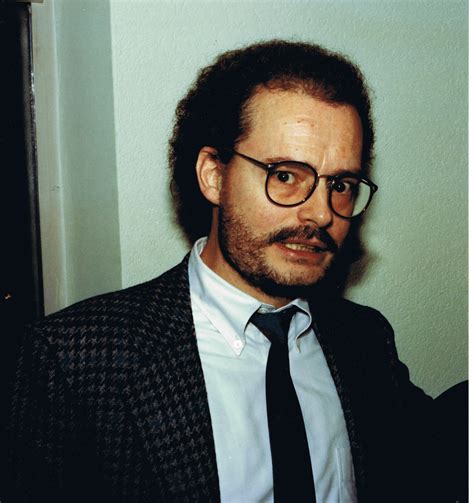A Quote by Jensen Huang
I don't think you can create culture and develop core values during great times. I think it's when the company faces adversity of extraordinary proportions, when there's no reason for the company to survive, when you're looking at incredible odds - that's when culture is developed, character is developed.
Related Quotes
I used to believe that you could change the culture or behavior of a company. I still believe it's possible, but it is at least a five to ten year process, if you are successful at all. More recently, I have been attracted to the ideas of the behavioralist, Edgar Schein. Schein has argued that you cannot change the culture of a company, but you can use the culture of a company to create change. It's an interesting approach to overcoming resistance. And if you can change how a company does its work, you might eventually be able to change how its people think.
Most of the time, when you need something at a company, you make it. If you want to sell a product, you create it. If you need a head of marketing, you hire one. If you want to create a great company culture, what do you do? The lack of a clear answer on this is why I believe most companies don't have a great culture.
The best CEOs in our research display tremendous ambition for their company combined with the stoic will to do whatever it takes, no matter how brutal (within the bounds of the company's core values), to make the company great. Yet at the same time they display a remarkable humility about themselves, ascribing much of their own success to luck, discipline and preparation rather than personal genius.



































